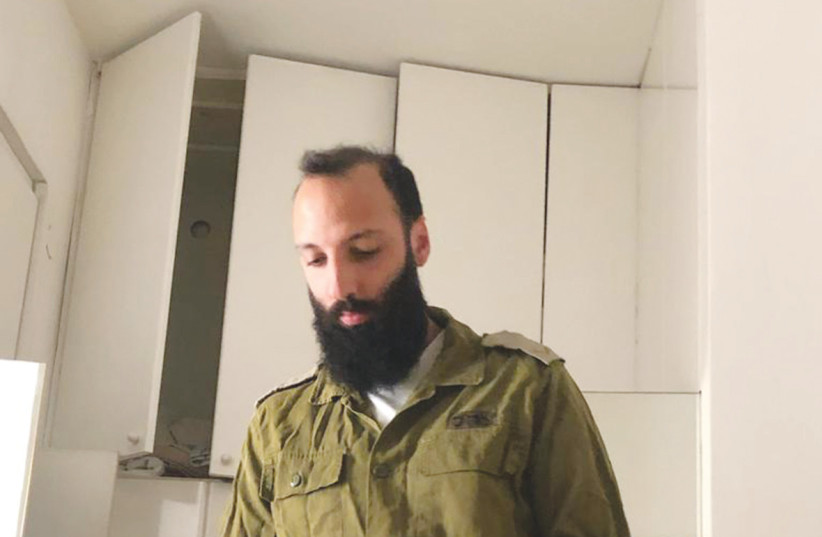With all the talk of protest and reform in this country, my six-year-old nephew took a breath from our wrestling match to ask me what democracy means.
“It’s a system that lets everybody choose what happens instead of just one person,” I told him as I prepared to pin him down into a chokehold.
He was too young, I felt, to explain the rest: To dig deep into the nuances and discuss the meaning of checks and balances, the tyranny of the majority, the various branches of power and how they should interact with each other, and the many more tedious yet integral components of democracy. He’s only six years old, after all.
Yet it seems our society’s general lack of nuance about democracy is having major repercussions today. The political line has been drawn in this country around competing understandings of the word’s meaning.
The right-wing opinion
On one side of the divide, we have the right-wing opinion, which believes that Democracy equals majority rule. The Smotriches and Levins of the country believe they are the true defenders of democracy because, after all, the people voted them into power.

From their point of view, protesters gathering weekly in Tel Aviv and around the country are sore losers and usurpers trying to force the will of a small but vocal minority onto a determined majority.
On the other side of the political divide stand people who believe that democracy is a political system that is built to protect human rights by enshrining them in a legal framework, secured by a series of checks and balances, with multiple, competing branches of power. The will of the people (represented in the Knesset) is an important, but not all-important, component of democracy.
Explaining the political divide in this country is simple: on one side are people who have not progressed past my six-year-old nephew’s majority-rule understanding of democracy and on the other side stand people who are watching their country burn in the flames of ignorance and demographics.
I moved to Israel more than a decade ago, out of a strong sense of Zionism. I served in the army, worked in hi-tech and paid my taxes. I was married here and started a family here. This country has been my home. I loved it and it loved me.
Last week, I received a WhatsApp from my commander calling me up for reserve duty in May. It was a routine message. I had received it multiple times a year since my discharge and I had always responded in the affirmative. Over the years, I have cumulatively spent many months away from my wife and child. Proudly, in service of my country.
This time, however, I told my commander that I would not serve: not in a military drill and not in any coming war. I will not lend my tacit support to a country that allows basic human rights to be pulled away at the whim of a slim 61-seat Knesset majority.
I hope that my brothers and sisters in arms join me.
Let the haredim pray for the country’s protection. They will need it once the Left has stopped serving, paying taxes and shouldering the social and economic burden of the religious and ultra-nationalists.
One day, people on the Right will evolve in their understanding of democracy. If they wait just a few more years, I’m sure my nephew will be able to explain it to them before his bar mitzvah.
Unfortunately, by then, it will probably be too late.
The writer is head of communications at Valens Semiconductor. After making aliyah in 2009, he served as a non-commissioned officer in the IDF’s Strategic Division. Since then, he has been a regular contributor to The Jerusalem Post and other international media outlets. His areas of interest include Israeli politics, economics and Middle Eastern affairs.
